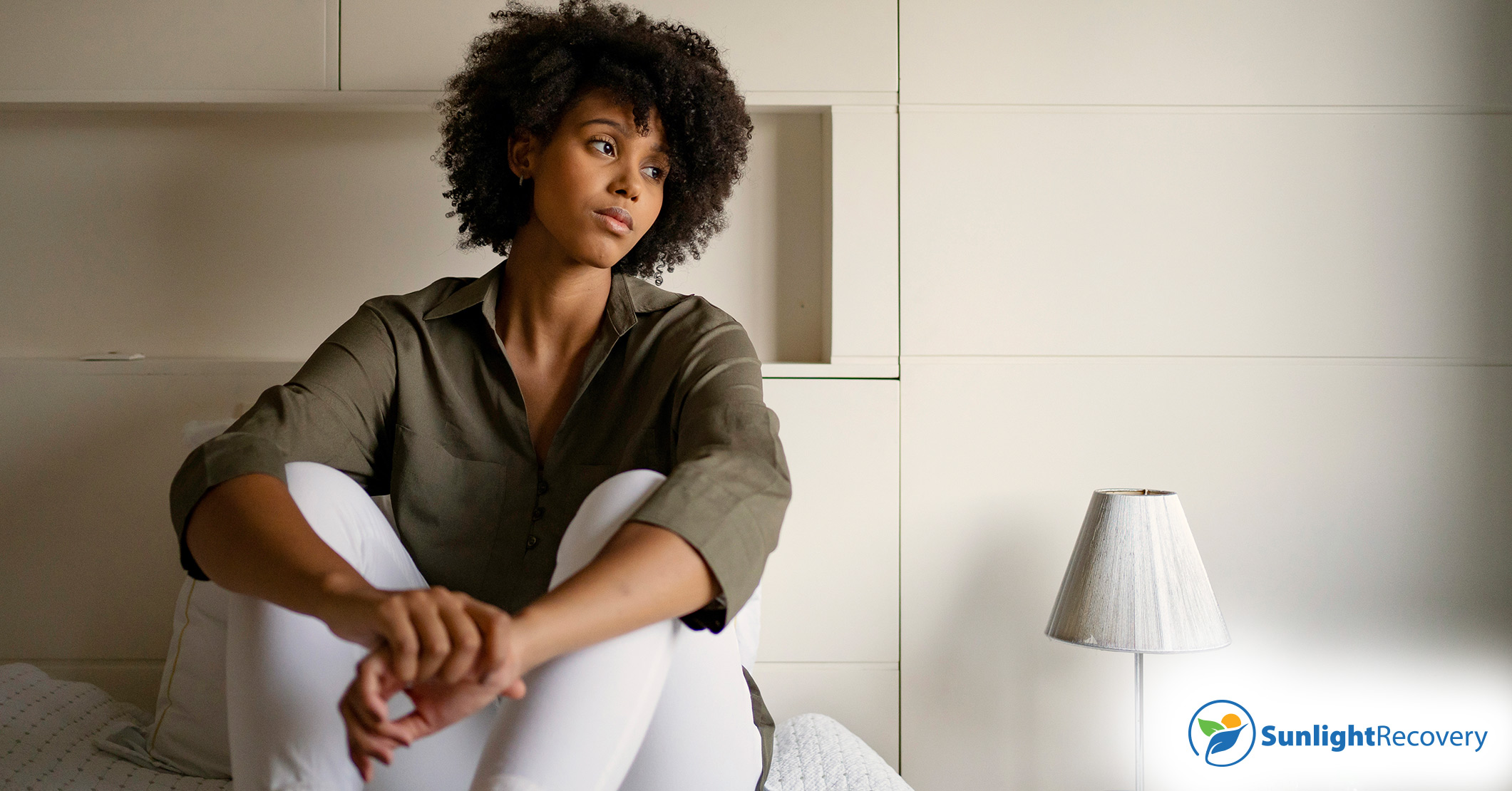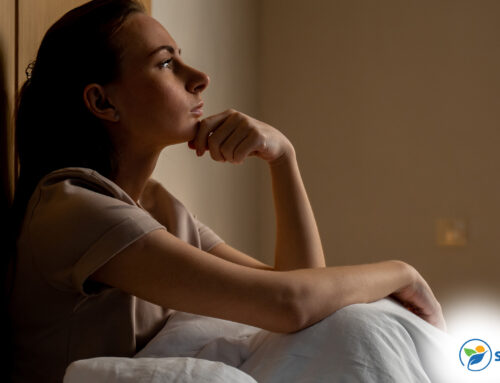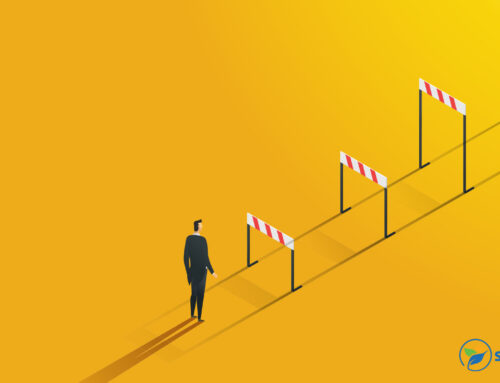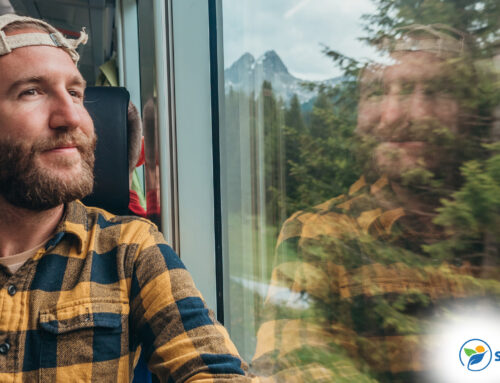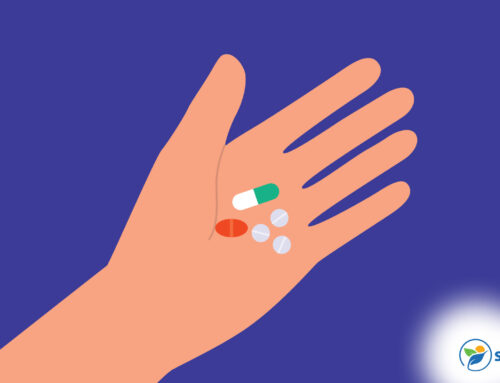Enjoying your own company is important to maintaining your overall mental health, but as the saying goes, too much of a good thing can have the opposite effect. This behavior can be tricky to identify, even in yourself.
It’s easy to justify taking a self-care day or electing to stay at home rather than participate in an activity. When it starts happening more and more often, however, it may have evolved into self-isolation, which can be a long-term problem that’s very difficult to shake without diagnosis and professional help.
Understanding Self-Isolation
Self-isolation is a tendency or pattern of behaviors that manifests as pushing away social interactions and connection with other people, or “hiding away” from friends, family and others. Self-isolating goes beyond electing to stay in on the weekends rather than going to a party, though. It’s more akin to having groceries delivered specifically to avoid interacting with a checkout clerk, or choosing to stay in the house for weeks at a time when you don’t have a medical need to do so.
How Does Isolation Affect Mental Health?
Even before the pandemic forced millions of people worldwide into social isolation for safety’s sake, Americans were already struggling with the issue. In 2018, a Pew Research poll found 1 in 10 Americans described themselves as feeling lonely or isolated most or all of the time. The problem appears to have gotten worse in the interim: A January 2023 PBS report notes that some studies now say closer to 6 in 10 people report feeling lonely regularly.
Those struggling with self-isolation often feel not only alone socially, but also when it comes to accessing help and support. They may feel they can’t reach out to friends and family to ask for assistance, which in turn can lead to depression and even thoughts of self-harm. This is why it’s so important to recognize self-isolation early on and talk with mental health professionals about how to avoid becoming further affected.
The Isolation Effect on Psychology
Extended isolation can exacerbate certain cognitive issues and mental health obstacles. Without a sounding board or exposure to others to help regulate and model stability, problems can arise. A 2021 study noted that cognitive problems and psychotic symptoms arose in subjects in the wake of pandemic-required social isolation. In addition, many people are vulnerable to a phenomenon known as “reactive loneliness.” This is the tendency to self-isolate after a life-disrupting event such as a death in the family or a cross-country move.
Self-imposed extended periods of isolation, reactive or otherwise, can have a negative effect on overall mood and cognitive ability, with impacts growing more severe over time. The American Psychological Society confirms there’s a significantly increased risk for premature mortality in cases of both enforced social isolation and more generalized loneliness.
Stigmas Surrounding Self-Isolation
Various negative terms are used to stigmatize self-isolation rather than recognizing it for the serious yet treatable condition it is. Calling someone a hermit or antisocial may get the message across, but it also unfairly blames the isolated individual for their situation. Those who isolate may be seen and described as rude or uncaring, selfish or petty if their absence is taken as an act of protest.
When a self-isolator explains that their actions are due to mood or health, these explanations can be seen as excuses, which can cause rifts in friendships, relationships and family connections. The isolator may feel guilty, sad or even angry if their problem is brushed off or misinterpreted. When they act out on these emotions, they can inadvertently push well-meaning friends and peers away. One of the effects of having no friends or family members to count on is a loss of possible sources of assistance, which can further intensify isolation.
How to Cope With Self-Isolation
Changing your habits and rhythms can go a long way toward shaking off self-isolating tendencies. If you structure your daily activities or routines to include contact with others, a feeling of anticipation, duty or obligation can act as a motivating force. While it may feel easy to deny yourself certain things like conversation, it’s harder to let down someone who’s expecting or counting on you. Simple acts like assisting a neighbor with moving their trash cans out on the appropriate day or offering to water a traveling friend’s plants can help keep you from habitually isolating in your home.
Scheduling a regular call, letter or visit with a friend or family member can have the same effect. It can give you a familiar interaction to ease into, rather than a potential anxiety-inducing unknown. If you don’t currently have local friends or family members, video chatting may be an option to help stay connected. You can also look into a local in-person hobby group, such as a book club or bowling league that meets on a regular basis.
When to Seek Professional Help for Self-Isolation
If you feel you’re unable to make or keep plans with others because of anxiety or a fear of interacting socially, it’s time to seek professional help for your self-isolation. Everyone feels blue or prefers a night in now and then, but when it turns into a habit, it’s important to take a closer look at why and learn how to overcome social reluctance.
Quarantine during the pandemic made self-isolation feel more natural than it normally is, which is why you might not notice it’s become a habit until you’ve been isolating for a while. The good news is, it’s never too late to turn things around and get excited about interacting with the world again. Professional guidance can help ensure you do so in a safe, sustainable way that promotes your mental health and well-being.
A desire for companionship and crowds naturally ebbs and flows over time, but if you’re staying home habitually, even when you’ve made plans, you may be self-isolating. At Sunlight Recovery, we can help you determine why and give you the assistance needed to get your life back on track. Contact us to book your appointment today.


